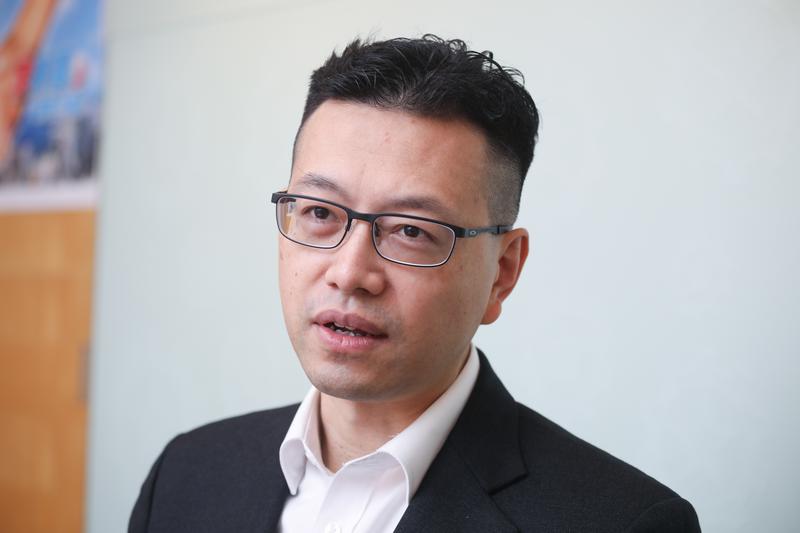 Stanley Ng Chau-pei, deputy to the National People's Congress and president of the Hong Kong Federation of Trade Unions. (CALVIN NG / CHINA DAILY)
Stanley Ng Chau-pei, deputy to the National People's Congress and president of the Hong Kong Federation of Trade Unions. (CALVIN NG / CHINA DAILY)
Stanley Ng Chau-pei, a Hong Kong deputy to the National People’s Congress, said the citizenship scheme that the United Kingdom is offering to holders of British National (Overseas) passports brings with it uncertainty and risks.
In an interview with China Daily on Thursday, Ng decried the UK’s move as “shameful” and urged those who are considering migrating to the UK under the new BNO plan to reconsider.
The British Home Office announced on Friday morning that the new BNO visa application will open online on Sunday and unveiled more concrete details of the policy
The British Home Office announced on Friday morning that the new BNO visa application will open online on Sunday and unveiled more concrete details of the policy. The new arrangement will allow people with BNO status and their dependents to work and live in the UK for five years and seek full-fledged British citizenship after that.
READ MORE: China to stop recognizing BNO passports from Jan 31
On Friday afternoon, China announced that it will no longer recognize BNO passports as a valid travel and identification document effective Sunday.
This means that travelers will be unable to enter China with BNO passports, which is one inconvenience that BNO visa applicants will face, Ng said.
He added that other countries haven’t clarified their policies on BNO passports, which means it’s uncertain whether BNO passport holders will be allowed to enter other countries.
In addition, it remains uncertain whether all BNO visa applicants could successfully apply for citizenship in the UK after staying there five years, Ng noted. “After all, the UK authority has a final say on the application,” he said.
ALSO READ: China rebukes UK's BNO move to interfere in HK affairs
Furthermore, Ng said, people who decide to leave Hong Kong may miss out some development opportunities arising from the city’s integration into the ever-stronger Chinese mainland.
“Some Hong Kong residents migrated to other countries for fear of the city’s uncertain future after 1997. However, several years later, most of them returned to the city,” Ng said.
He said it’s difficult to predict or estimate what opportunities one would miss out on if one were to leave the city, one of the fastest-growing and developing areas in the world.
Ng said Hong Kong’s public officers should not be allowed to hold BNO passports any longer after the new arrangement takes effect, as it may let people doubt whether they are loyal to the city and the country.
Hong Kong currently does not forbid public officers from holding BNO passports. “But now we need to give it a second thought, as the original ‘only a travel document’ has become a tool which can help its holders migrate to the UK,” Ng said.


